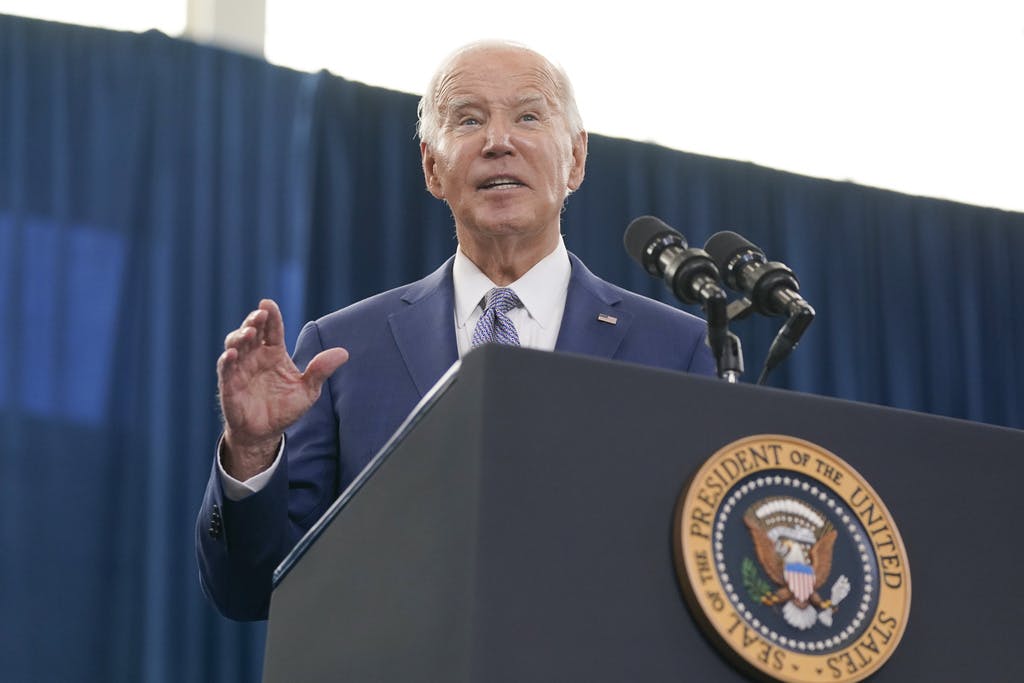
Exclusive: FBI Staffers Fired for Role in Mar-a-Lago Probe Were Assigned to Espionage Unit That Investigated Iranian Threats in America, Sources Say
By DANIEL EDWARD ROSEN
|A Senate committee has passed by a 20-to-1 vote a measure to enable the scheme, as Congress balks at aid.

Already have a subscription? Sign in to continue reading
$0.01/day for 60 days
Cancel anytime
By continuing you agree to our Privacy Policy and Terms of Service.

By DANIEL EDWARD ROSEN
|
By A.R. HOFFMAN
|
By HOLLIE McKAY
|
By LUKE FUNK
|
By A.R. HOFFMAN
|
By LUKE FUNK
|
By MATTHEW RICE
|
By MARIO NAVES
|